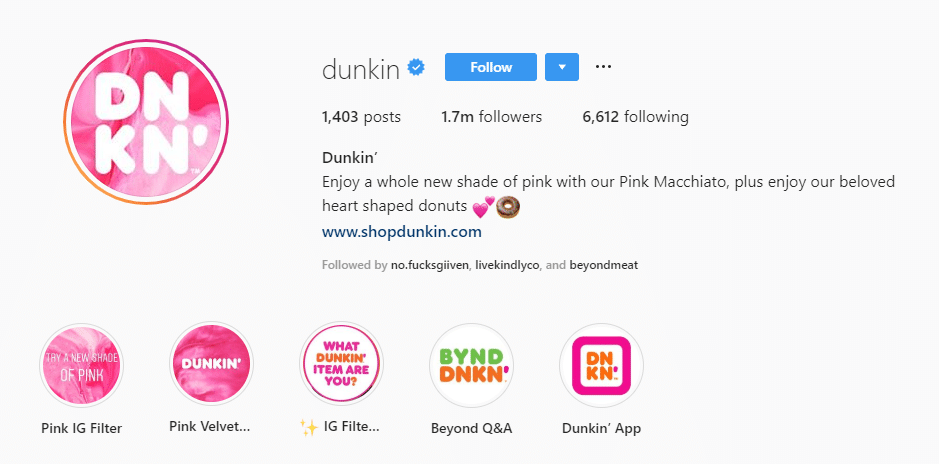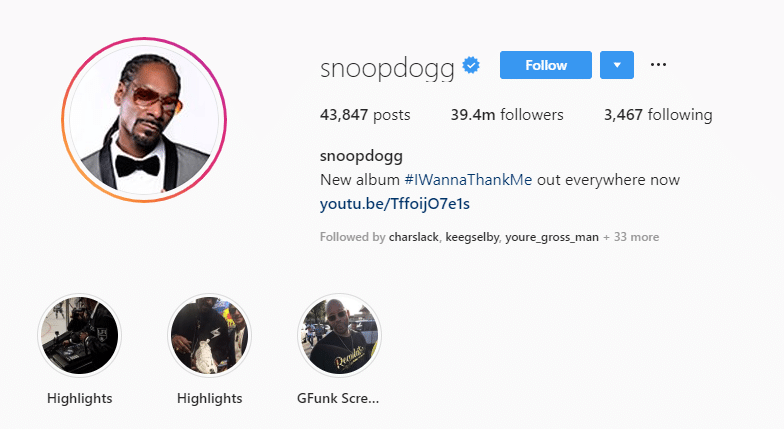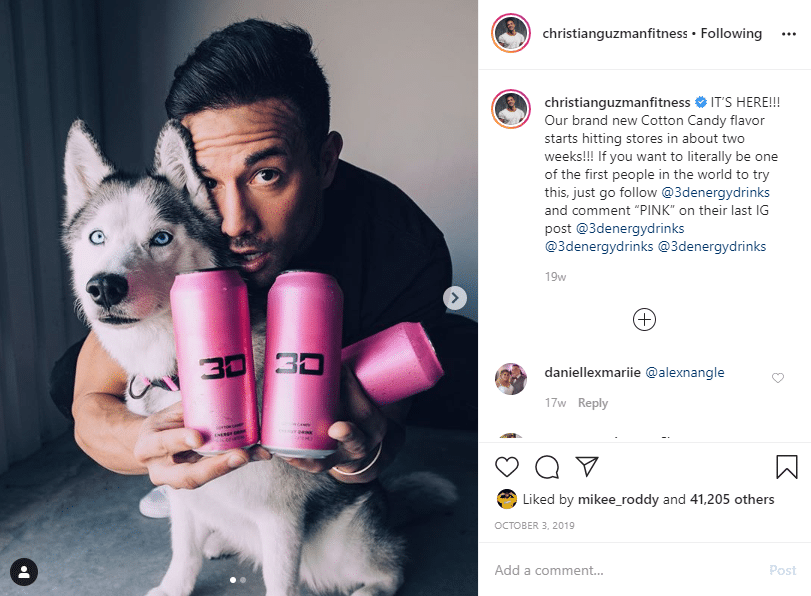What is Influencer Marketing?
In the past, influencer marketing was basically just featuring celebrities in advertisements for products and services in print, television, and radio ads. The “Got Milk?” campaign should ring a bell.
Influencer marketing has evolved into a type of social media marketing that uses endorsements and product mentions from influencers on their personal social media pages.
Today, influencer marketing includes a wide range of personalities from traditional celebrity influencers to individuals considered experts in their niche by their devoted social followers. Today’s influencers have the ear of their loyal followers as well as their trust, and so recommendations from influencers can ‘prove’ your brands worth to a multitude of prospective customers and often reach more people than a brand could on their own page.
Maximizing Reach with Influencers
As mentioned, social media influencers are those who use social media platforms to share their opinions and reviews of a variety of brands, products, and services to influence their followers. While celebrities can act as social media influencers, a huge percentage of influencers are actually ‘regular’ people who have thousands of followers based on a common interest or niche industry.
Here are a few examples of niches you might see influencers in:
- Foodies
- Exercise/Fitness
- Dietary choices (Vegans, Keto, Low-Carb, etc.)
- Fashion/Clothing
- Health
- Lifestyle
- Hobbies
- Sports
- Interests
- Beauty
- Pets/Animals
- Environment
- Travel
Followers value these influencers’ opinions, recommendations, favorite products, and much more. Through the use of social media platforms – Twitter, Instagram, Facebook, YouTube, Snapchat, and others – influencers use their position to promote brands, products, services, events, and more to their followers.
Given more than three billion people use social media on a daily basis, having well-known influencers target a brand’s target market often means a much greater reach than a company alone could achieve.
Snoop Dogg v Dunkin Follower Reach
Consider this, Snoop Dogg’s promotion of the new Dunkin’® plant-based sandwich reached a considerably larger audience than Dunkin’® could have alone… For businesses, influencers can maximize reach through well-thought-out digital marketing campaigns. Statistics show three out of every four prospective customers shopping online are influenced by the likes of friends, family, and social media influencers making influencer marketing an integral part of 21st-century marketing.


Influencers in Your Industry to Effectively Reach Target Market
Influencers, while they certainly have an extended reach, also have targeted niches in which they are most popular. Due to the nature of how influencers usually gain their following based on a common interest, brands can leverage targeting capabilities by finding influencers in their industry’s target market.
Just like toys and sugary cereal commercials are aired on children’s television channels, brands can target a specific audience by choosing an influencer to promote your offerings to your target market effectively, influencing them to try your brand.
For example, an influencer in the “bodybuilding/workout” world, such as Christian Guzman, posting positively about your “XYZ Brand Protein Powder” puts your brand in from of fitness-loving followers who live for working out. Christian Guzman posted this picture for energy drinks and received 41,205 likes from his followers, who are all gym buffs who would be interested in pre- or post-workout beverages.

By utilizing influencer marketing, you are effectively opening a line of communication and establishing a budding relationship with members of your targeted demographic. Rather than seeking out an influencer with millions of followers, choosing an influencer in your niche allows you to connect with a targeted audience who will be interested in your product and is primed to engage with your content.
Loyal Followers and Authenticity of Influencers
Social influencers have a loyal, dedicated following and they can help you build a band of loyal followers for your brand.
How?
Because influencers have the trust of their followers; their honest opinion or review of your brand carries more authenticity than your brand simply promoting itself.
PRO TIP: Be sure your influencer marketing strategy is as organic as possible. Some influencers are not very authentic about their product promotion, which essentially results in a loss of power, influence, and trustworthiness in the ad and the influencer! Forbes says it is now critical for brands to learn how to maintain trust and transparency in influencer marketing. By choosing an influencer who actually believes in your product, then the message is more likely to resonate with the influencer’s audience.
It is helpful to have consistent partnerships, too. Create a long-term relationship with certain influencers to strengthen the trust in your brand as it shows the audience that the influencer is also loyal to your brand. Consistent partnerships also make promotions seem less like a paid ad and more like something they actually use. It’s genius, right?
Creating Your Influencer Marketing Strategy
As with traditional marketing strategies, influencer marketing requires planning and targeting your desired influencers. Here’s how to get started:
- Create a Budget. Always a good starting point, creating your budget not only includes costs, but also planning and executing your strategy. It also means monitoring, maintaining, and making changes as needed. Influencer marketing strategies are hands on relationships which will require ongoing research and continued cultivation.
- Decide on Your Message and Your Unique Goals. Almost always, the goals of influencer marketing are enhanced brand awareness and increased sales, but you should focus on your brands unique needs (younger audience, new product introduction, brand values). Because influencers have a distinct group of followers, they can ensure a targeted, interested, and engaged audience and can deliver your message creatively.
- Determine Your Target Audience. As with all marketing, research is the key to honing in on your target audience. In most cases, starting with one network (e.g. beauty on YouTube, videogames on Twitch, fashion on Insta, etc.) and one demographic (e.g. age, gender, niche, etc.) is wise and allows you to get more specific from there.
- Identify Your Influencers. With your message, your goals, your network, and your demographic in hand, now you need to identify your ideal influencers and contact them. Yes, this means more research, but it is a crucial step in building a relationship with the right influencer(s). One who is authentic, honest, and knowledgeable in your niche. When you find your influencers, you can usually find their contact info in their bio.
- Measure Your Results with Data. Unique hashtags, affiliate codes, tracking links are great way of monitoring your marketing, but you should also have dates marked in which you will measure your campaigns progress and track results. Utilizing Google Analytics, UTM codes, and many other tools, companies can keep track of the data-driven results of their campaign.
Social Media, Influencers, and Digital PR
Social media and influencers play into the concept of Digital PR encompassing your brand image in the digital universe. From your social media profile, to the influencers promoting your brand, to your website and SEO…it’s important to take control of your brand everywhere, controlling your image, boosting awareness, and increasing sales. DigitalPR can help.
